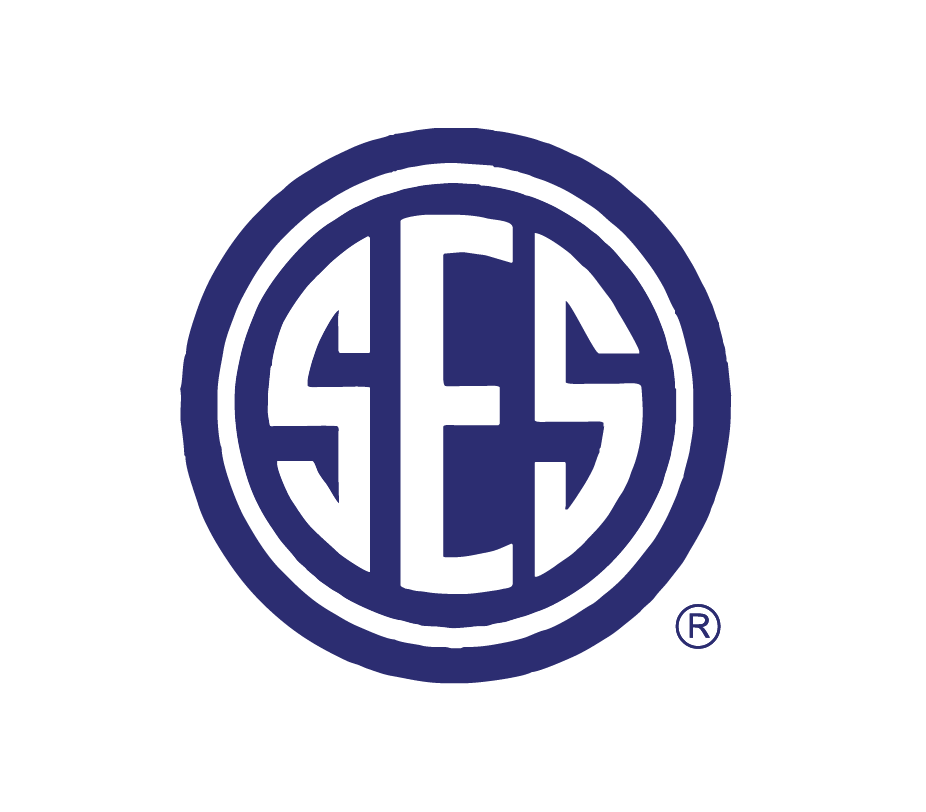
2025 SES World Standards Day Paper Competition |
Paper Competition Rules
The World Standards Day Paper Competition is open to any individual in the private sector, government, or academia, including employees of standards developing organizations. Entrants must reside in the US. If employed, they must be employed by a US-based organization and must work at a location in the US.
1. Paper shall be original and not previously published or submitted in a previous WSD paper competition. If the paper is a substantial revision of a previously published paper, it may be submitted as long as notification of that fact is provided to the SES Managing Director and the notification describes the changes that make it a new paper and provides any appropriate references to the original paper. SES will determine whether the submission adds enough new material to be considered eligible.
2. The purpose of the World Standards Day Paper Competition is to focus on standards and their use. Authors may choose to address the 2025 World Standards Day theme; however, there is no obligation to do so. Authors may choose to address topics that are either domestic (US) or international in scope.
Authors may consider addressing one of the following themes:
- How standards support societal efforts – addressing topics such as environmental management and sustainability, accessibility, safety, security (both personal and information), intelligent transportation.
- The use of standards in conformity assessment, either on a voluntary basis or for regulatory compliance.
- The use of standards to facilitate international trade.
- How standards contribute to the success of a particular industry.
- Operational aspects of standards development—describing techniques in the development or publication of standards that could be useful to other organizations.
- Standards and the law—addressing the relationship between standards and intellectual property, including patents, copyright, and antitrust.
- Standards and consumer products; standardization aspects or consumer participation.
- Individuals must state the subject topic, or theme they have chosen and provide an abstract of 200 to 400 words describing how the paper addresses that theme.
3. Papers shall be between 2,500 and 4,500 words (including the abstract) and not exceed 20 pages, including illustrations, charts, and the like. Longer or shorter papers will be disqualified. The winning paper and those selected for future publication by SES may be shortened at a later date to meet editorial requirements. The author will be consulted on any such changes. Charts, graphs and pictures within the text are encouraged and can significantly add to the overall content and appeal of a paper. Papers shall cite sources and provide necessary copyright attribution for charts/graphs/pictures.
4. Papers shall be submitted in English only. Papers that are not in a revisable format will be returned for an editable version, which must be received by the due date. The first page shall contain only the title of the paper, and the “nom de plume” or alias of the author (needed to assure impartiality on the part of those judging entries). The author or co-authors shall submit separately from the paper his/her/their true name(s), full address(es), the title of the paper on the official entry form, and the information defined above for revisions of existing papers.
The winner will receive a plaque and $1,500. In addition, the winning paper will be published on the SES website.
5. Only one paper may be submitted by each entrant.
6. All submissions must be received with an official entry form by 11:59 PM PT on Friday, August 29, 2025.